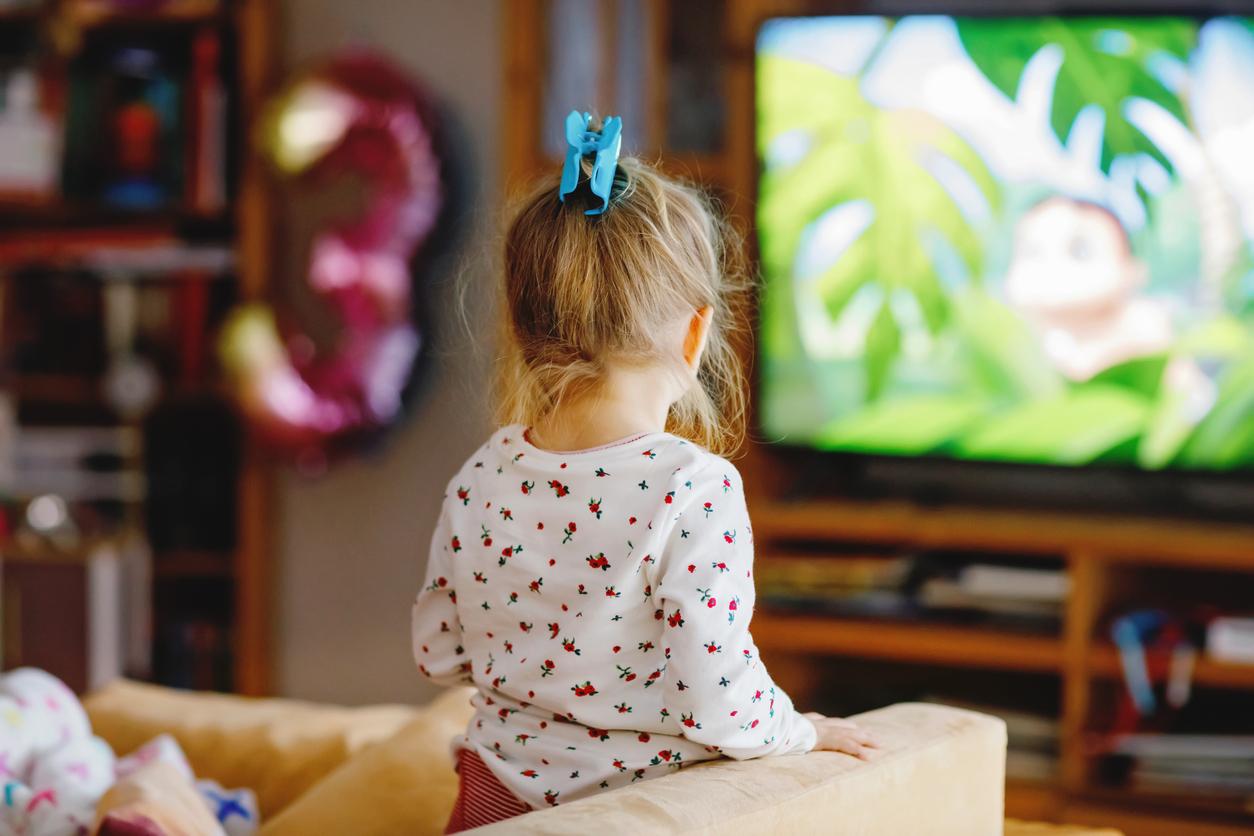Beyond screen time, how children use screens can make all the difference.

- Finding no international consensus regarding the maximum amount of time children can spend on screens on a daily basis, researchers have looked at the contexts in which screens are used.
- After analyzing around a hundred studies, they found four essential criteria for healthy screen use by children.
- They advise, among other things, not to leave children alone in front of a screen and to find programs adapted to their age, allowing them to develop their imagination and the desire to move.
“In our new research, published in JAMA Pediatrics, we reviewed 100 studies on how screen-use contexts influence cognitive (brain), social, and emotional development in children from birth to age five. Screens included television, computer games, smartphones, and tablets.”, write the researchers in an article published in The Conversation.
Why focus on the contexts of screen use rather than the duration? Because opinions differ greatly on the maximum duration depending on age, and no consortium yet exists. In France, the authorities recommend a maximum of half an hour of screen time per day for three-year-olds, compared to one hour forWorld Health Organization.
The nature of screen use overlooked in favor of overall time
“The multifaceted nature of screen use has been largely overlooked in favor of a simplistic, one-dimensional measure of overall screen time when assessing the benefits and risks of screen use for early childhood development.“, the authors indicate in their study.
To examine associations between early childhood screen use contexts and cognitive and psychosocial outcomes, the researchers looked at nearly 100 studies published between 1978 and 2023. They included more than 176,000 children and their families in 30 countries, including the United States, the United Kingdom, China, Canada, Japan, and Australia.
From all this data, they identified four essential criteria to help parents control their children’s screens.
Spending time with your child in front of the screen
“The studies we reviewed show that when children and caregivers use screens together (also called co-viewing or co-use), it benefits children’s thinking and reasoning skills.,” experts say. They point out that this is particularly beneficial for their language development, including the number of words children know, their social communication skills, and their comprehension and processing of language. As such, researchers recommend having discussions about what children see on screen, to help them understand the content (e.g., “Why did so-and-so hide that from so-and-so?”) and make connections to the real world (e.g., “How do you think so-and-so is feeling right now?”).
Screen: Choose age-appropriate content that encourages play
“Our research has linked children watching age-inappropriate content to poor social skills and behaviors, the authors explain. This underscores the importance of a quality and useful screen experience for children.“Does this program help children stimulate their imagination and creativity in the real world? Or does it encourage movement, such as dancing? These are all questions parents can ask themselves when choosing screen-based entertainment.”It is essential to avoid violent content and content intended for an adult audience.”, they insist.
Screens should not interfere with family interactions
Researchers point out another problem with screens: the fact that they can also distract parents, particularly through mobile phones.In our study, children had better social skills, behavior, and ability to regulate their emotions when parents avoided using screens during interactions and routines like family meals.”, they emphasize.
Do not leave the television on as background noise
Television, even in the background, can distract children from their play or learning.Our research showed that children had better thinking, reasoning and language skills when there was less television in the background at home.“, say the researchers, speculating that this could be because there is less conversation between parents and children in these cases.
According to a Public Health France reportthe time spent by children in front of screens in France continues to increase:
– at 2 years old, daily screen time would be on average 56 minutes;
– at 3 and a half years old, it would go to 1h20;
– at 5 and a half years old, he would reach 1h34.

















